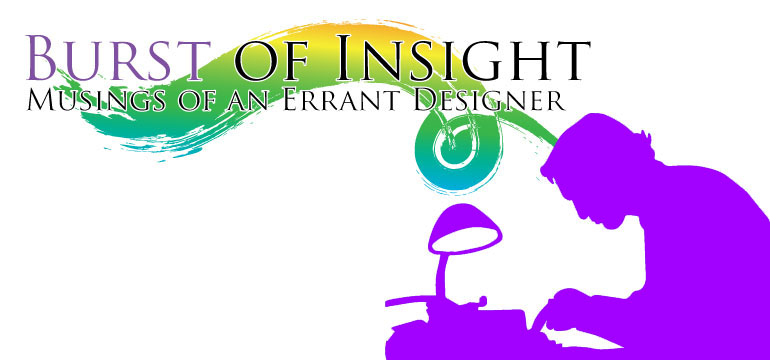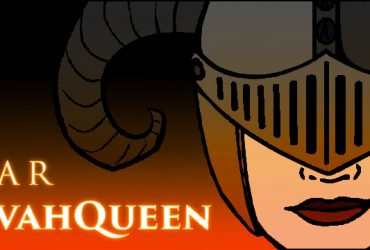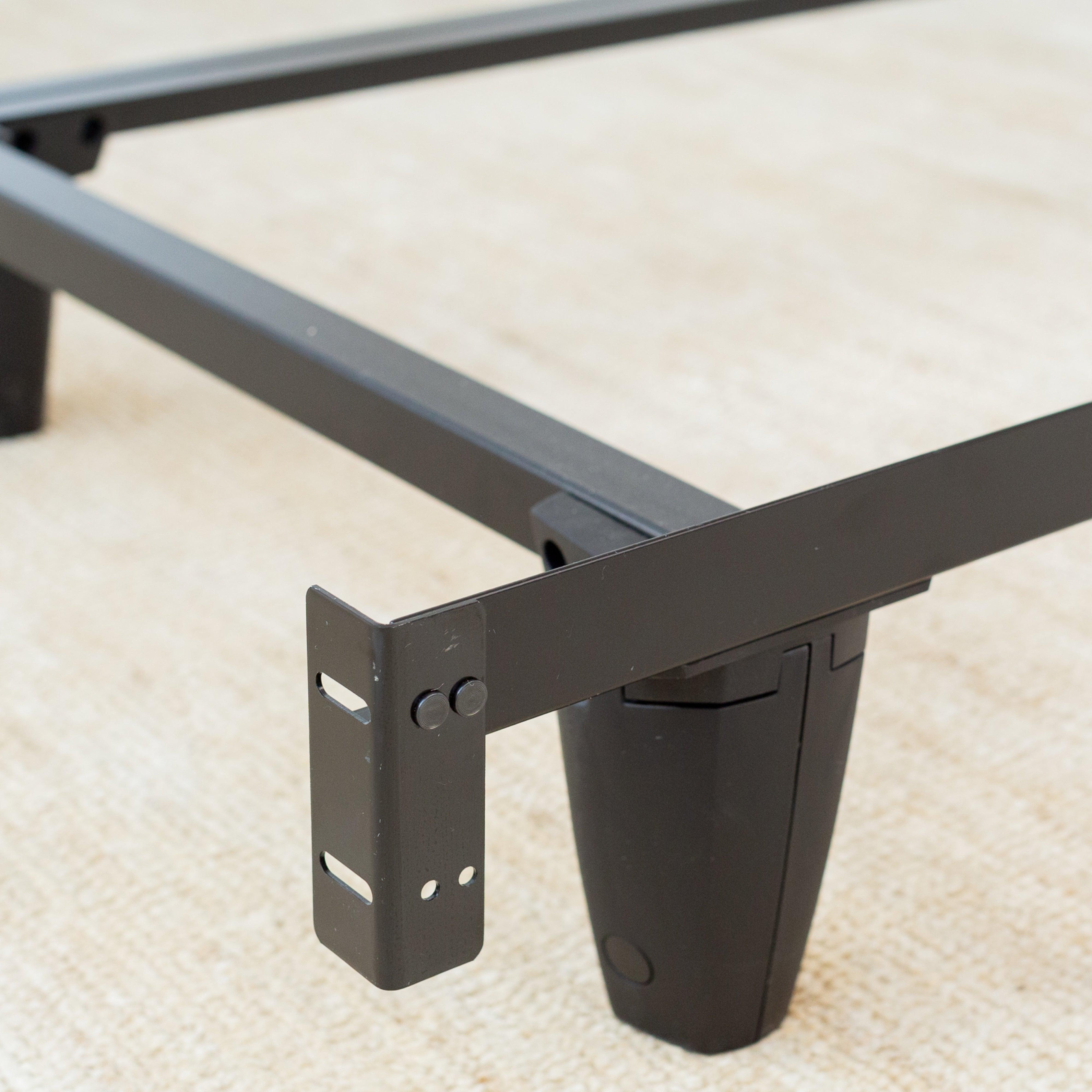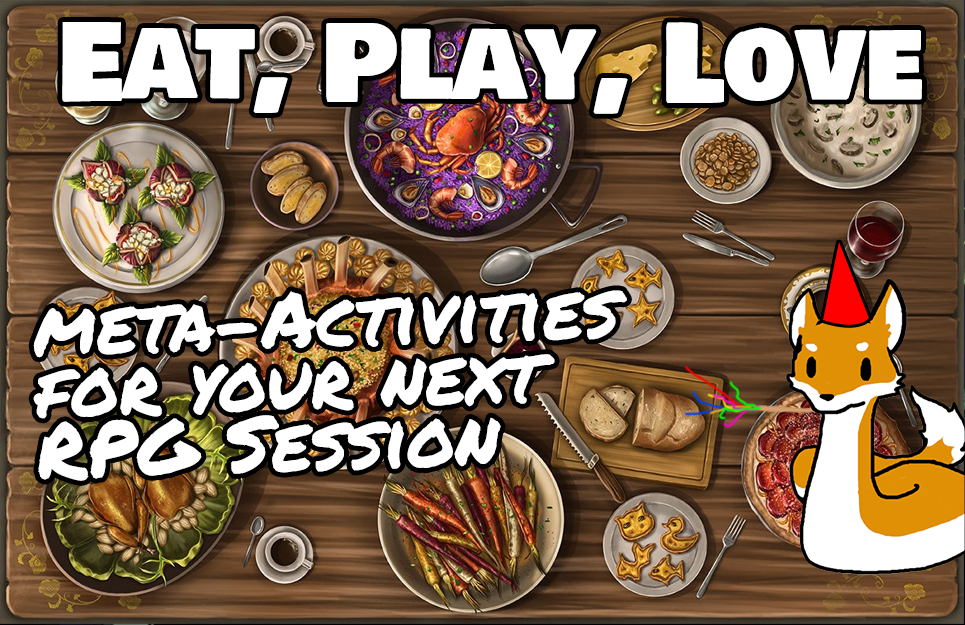So this has gone up quite a bit later than I had planned. Between the run-up to Christmas going on at the day job and the recent Thanksgiving holiday, I quite literally forgot today was my Tuesday. Shame on me. Fortunately, I planned out my blog in advance and had a pretty good idea of what I wanted to write. So without further ado here’s part two of the player advice I started last week because while GM’s have a huge impact on the quality of a game so do the players. Again these tips might not be for every table but I hope you find a few of these useful.
Lose the phrase, “That’s what my character would do.”
We’ve all been there. Someone (maybe even you) has found themselves justifying an obnoxious action taken by their PC, “That’s what my character would do.” This is often code for “I’m being a jerk and I know it. I JUST do not want you to know it was me. Instead, I want you to think it was this piece of paper that made me do it.” A made-up persona, or even a character sheet cannot make you do anything. It’s your job to make the character act not the other way round. This is especially important in a cooperative RPG like Pathfinder where the PCs are supposed to form a team.
Much as I spoke above about players being storytellers for their character, players can also be great sounding-boards for each other. Again think of it like the writer’s room on your favorite TV show when you hit that moment when you know you’re about to do something you’ll have to justify, “that’s what my character would do.” Instead, consider taking a moment to discuss the situation with the other players. “This is what I think the character would do but I’m worried that it might cause some friction at the table. Does anyone have any ideas for how I should proceed and keep in character?” Opening discussion and asking someone else’s insight might help you avoid the awkward and uncomfortable moments that playing the character you are all telling this story together. Everyone might be on board with your chosen course of action or someone may have a suggestion that leads you to a less confrontational action.
Years ago, I played in a Planescape campaign where one of the players made a character whose name or surname was phonetically, “a key.” Another player decided his evil PC would see the name as a literal clue and began plotting to kill him. When he ultimately succeeded it caused a rift at the table that caused players to leave because the game wasn’t fun anymore. No friendships were lost but interest in the story crumbled. Much of this might have been avoided if the players had talked about alternate actions.
Share the limelight.
Unless you are playing a solo game with just you and a GM, Pathfinder is a game about groups of heroes. It’s an ensemble show, make sure you aren’t hogging the spotlight. Sometimes it happens that your character is just correctly positioned to shine during a particular part of the story. Enjoy your time in the light but when it comes time to let someone else shine don’t hog the light. Better yet if you have the spotlight pull other characters along. For example, your PC rides back into a town only your character has visited. At some point in your investigations in town the GM reminds you of a nervous and skittish informant you know. Now, you’re worried that if the whole party rides in the NPC will clam up or worse bolt. Particularly if he’s faced with the prospect of dealing with your buddy the gruff and tumble barbarian. So maybe, instead of heading off all alone, you just trim the party to less intimidating numbers and bring along the mild mage or the charming bard to talk to your contact. Now you know the guy and that’s cool, but maybe the mage can magically charm him or the bard can verbally disarm him, either way, you are sharing the stage light and the game becomes better for everyone.
Share the load.
Speaking of sharing the GM is juggling a lot of work behind that screen. The GM is responsible for maintaining the threads of the narrative as well as its mood and pace. They’re also tracking all the monsters, XP, initiative on and on. Some of this players can help with whether it’s keeping a loot log, tracking the in-game dates on a calendar perhaps even tracking initiative order or handing out condition cards, whatever. Volunteering to take on a couple of small tasks for your GM will at least be appreciated but it might also free up enough of their limited attention to better focus on the parts of the game they can’t leave to volunteers. Just a little bit of extra focus can really make a difference.
Another thing players can volunteer to do is run allied NPCs or the PCs of absent players when it comes to combat. In some circumstances (such as a split party), the GM may even ask players to play villainous NPCs or their underlings so that the players of the absent characters have something to do during the combat. This may be one of the only times, “I’m just acting the way the character would act,” becomes a valid reason to deliberately mess with the rest of the party.
GMs might not be the only people who could use a break sometimes a player with a lot of summoned creatures, followers, and companions could use a hand managing all of those characters. Players should feel comfortable asking for help and offering help. This load sharing is particularly useful if the player taking on the extra work has a simple single character to play.
Pay attention (even when it isn’t your turn.)
This one is pretty self-explanatory. If you are not paying attention, chances are other players or the GM will have to repeat vital information you missed. Worse someone might have to break character at an exciting moment while they get you back up to speed. Added exposition just bogs down play and can kill the campaign’s pacing. So put down the facebook games, twitter, or whatever. Pay attention and be respectful, both to the other players and your GM.
Make it epic.
Finally, own your character be vivid and maybe even a little over-the-top describing your character’s actions. A little color spices up combat and when you provide some description your GM won’t be the person exclusively imagining and explaining how the combat looks. Don’t just hit, lunge forward drawing a shallow gash across the villain’s torso. Don’t just power attack with your scimitar, recklessly slash at the villain’s head. Don’t just cleave describe how your Warhammer rocks the head of your first foe and the momentum carries the brutal head of the weapon onto the shoulder of the warrior directly adjacent to the first foe.
In a related vein and as I said two weeks ago, good descriptions only contribute so much to making the game feel epic. If you take some risks and aren’t afraid to fail it can be really awesome. Imagine racing towards a barricade acrobatically sliding beneath it in a spray of gravel with an opponent in hot pursuit, or leaping over the barricade with a flourish and a slash of your sword that catches your foe off guard and leaves a nasty wound in their arm. As I said two weeks ago you are the storyteller for your character make their actions detailed and heroic.
That concludes this week’s Burst of Insight. We’d still love to hear any tips you have for players—or GMs for making everyone’s tabletop campaigns a little more exciting.





